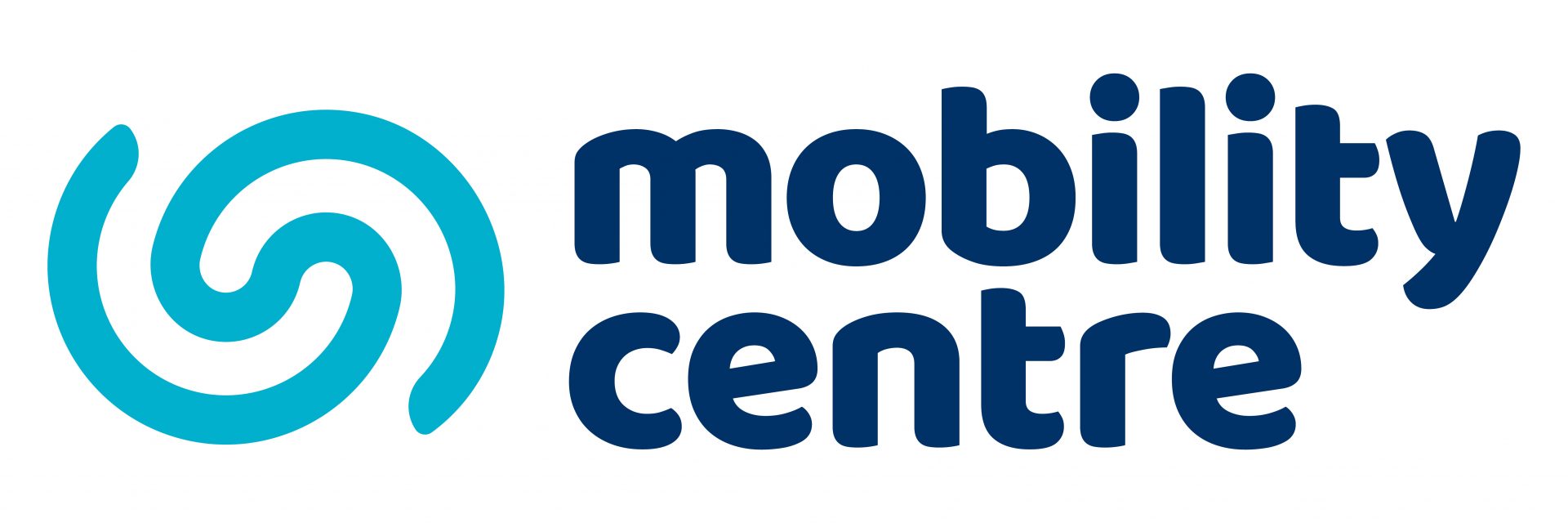Fibromyalgia is a chronic pain condition that affects millions of people around the world, including in New Zealand. It is a complex and often misunderstood condition, which can make it difficult for those affected to get the support and treatment they need.
In this guide, we will provide an overview of fibromyalgia, its symptoms, causes, and treatment options, as well as some tips for managing the condition in your everyday life.
What is Fibromyalgia?
Fibromyalgia is a chronic pain condition that affects the muscles, tendons, and ligaments in the body. It is often characterised by widespread pain and tenderness, fatigue, and sleep disturbances. Other common symptoms include:
- Morning stiffness
- Headaches
- Irritable bowel syndrome
- Depression and anxiety
- Memory and concentration problems
The cause of fibromyalgia is not fully understood, but it is thought to involve a combination of genetic, environmental, and psychological factors. There is no single test for fibromyalgia, and it can be difficult to diagnose, which can lead to frustration and confusion for those affected.
Treatment Options for Fibromyalgia
There is no cure for fibromyalgia, but there are several treatment options that can help manage the symptoms and improve quality of life. These may include:
Medications: There are several medications that can be used to manage the pain and other symptoms of fibromyalgia, such as pain relievers, antidepressants, and sleep aids.
Therapy: Cognitive-behavioral therapy (CBT) and other forms of psychotherapy can help people with fibromyalgia manage the psychological aspects of the condition, such as anxiety and depression.
Lifestyle changes: Making changes to your diet, exercise routine, and sleep habits can also help manage the symptoms of fibromyalgia. For example, regular exercise can help improve strength and flexibility, reduce pain and fatigue, and improve mood.
Managing Fibromyalgia in Your Everyday Life
Living with fibromyalgia can be challenging, but there are several things you can do to manage the condition and improve your quality of life. Here are some tips:
Listen to your body: Pay attention to how your body feels, and don’t push yourself too hard. It’s important to rest when you need to and take breaks when you feel fatigued.
Stay active: Regular exercise can help improve strength and flexibility, reduce pain and fatigue, and improve mood. Start slowly and gradually increase the intensity and duration of your workouts. Try out a grab bar to help with balance.
Eat a healthy diet: A balanced diet that includes plenty of fruits, vegetables, whole grains, and lean protein can help provide the nutrients your body needs to function properly.
Practice stress management techniques: Stress can worsen the symptoms of fibromyalgia, so it’s important to find ways to manage stress. This could include deep breathing exercises, meditation, or yoga. Support cushions are great to offer extra comfort.
Seek support: Living with a chronic condition can be isolating, so it’s important to seek out support from family, friends, or support groups. You can also talk to your healthcare provider about resources and support available in your area.
Fibromyalgia is a chronic pain condition that affects millions of people around the world, including in New Zealand. While there is no cure, there are several treatment options that can help manage the symptoms and improve quality of life. By making lifestyle changes, practising stress management techniques, and seeking support, people with fibromyalgia can manage the condition and live a full and active life.
More Information
Fibromyalgia – Arthritis New Zealand

